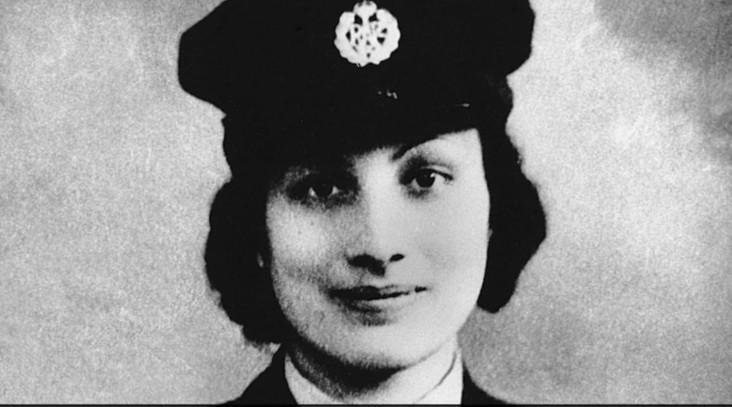
France honours British Indian spy & Tipu Sultan’s descendant Noor
In a remarkable tribute, France has honoured Noor Inayat Khan, a descendant of Tipu Sultan and a World War II undercover British agent, with a commemorative postage stamp. This makes her the only Indian-origin woman to receive this tribute, solidifying her place in history as a brave and selfless individual who sacrificed her life for the freedom of others. Noor’s story is one of courage, determination, and ultimately, tragedy, as she was executed at Dachau in 1944.
Noor Inayat Khan was born on January 2, 1914, in Moscow, Russia, to an Indian father and an American mother. Her father, Inayat Khan, was a musician and a Sufi teacher who belonged to the royal family of Tipu Sultan, the legendary ruler of Mysore. Noor’s early life was marked by travel and cultural exchange, as her family moved between Europe and India. She grew up speaking multiple languages, including French, English, and Urdu, which would later prove to be an asset in her espionage work.
As World War II broke out, Noor joined the Women’s Auxiliary Air Force (WAAF) in Britain, where she worked as a wireless operator. However, she soon became bored with the routine work and sought more challenging and meaningful assignments. In 1942, she was recruited by the Special Operations Executive (SOE), a secret British organization that conducted espionage and sabotage operations behind enemy lines.
Noor underwent rigorous training in wireless operation, coding, and survival skills, preparing her for the dangers of espionage work. In June 1943, she was sent to France as a wireless operator, using the codename “Madeleine.” Her mission was to transmit vital information back to Britain, including intelligence on German troop movements and military operations.
Noor’s work in France was extremely hazardous, as the Gestapo was actively hunting down SOE agents and wireless operators. She used her skills and resourcefulness to evade capture, constantly changing her location and using coded messages to communicate with her handlers. Despite the risks, Noor continued to transmit crucial information, playing a significant role in the Allied war effort.
Tragically, Noor’s luck ran out in October 1943, when she was betrayed by a French double agent and arrested by the Gestapo. She was subjected to intense interrogation and torture but refused to reveal any information about her mission or her handlers. Noor was eventually sent to the Pforzheim prison in Germany, where she was kept in solitary confinement.
In September 1944, Noor was transferred to the Dachau concentration camp, where she was executed by firing squad on September 13, 1944. Her bravery and selflessness in the face of extreme danger and torture have become legendary, inspiring countless people around the world.
Noor’s contributions to the war effort were recognized by both France and Britain. She was awarded the Croix de Guerre, France’s highest civilian honour, and the George Cross, Britain’s highest civilian honour for bravery. Now, with the issuance of a commemorative postage stamp, France has once again honoured Noor’s memory, acknowledging her courage and sacrifice.
The commemorative postage stamp is a fitting tribute to Noor’s legacy, serving as a reminder of her bravery and selflessness. It is also a testament to the enduring bonds between France and India, two countries that have shared a long history of cultural and intellectual exchange.
Noor’s story is a powerful reminder of the contributions made by Indian-origin individuals to the Allied war effort during World War II. Her courage and determination inspire us to this day, and her legacy continues to be celebrated by people around the world.
In conclusion, the honour bestowed upon Noor Inayat Khan by France is a well-deserved tribute to a remarkable individual who gave her life for the freedom of others. Her story is a testament to the power of courage, determination, and selflessness, and serves as a reminder of the enduring bonds between nations and cultures.






